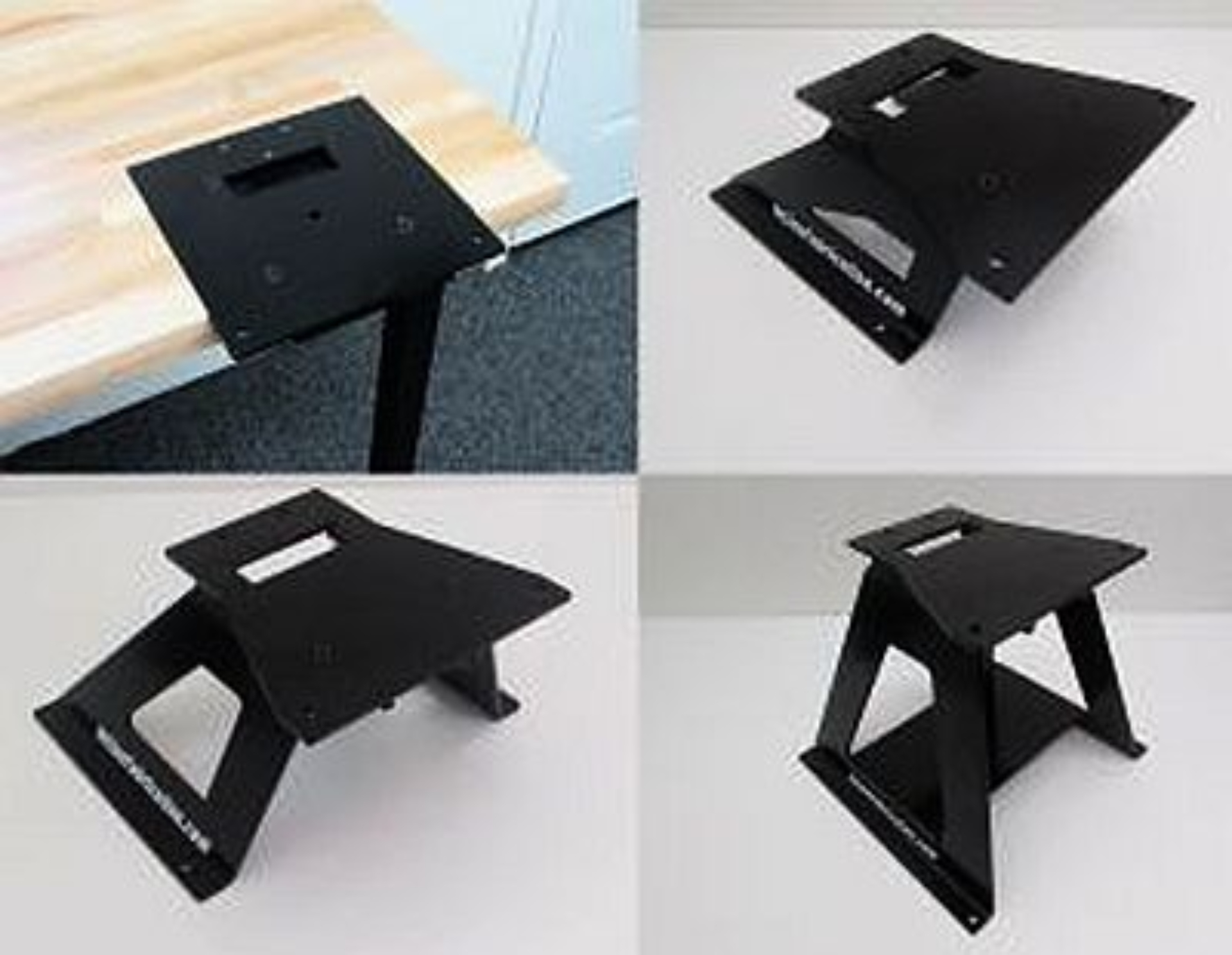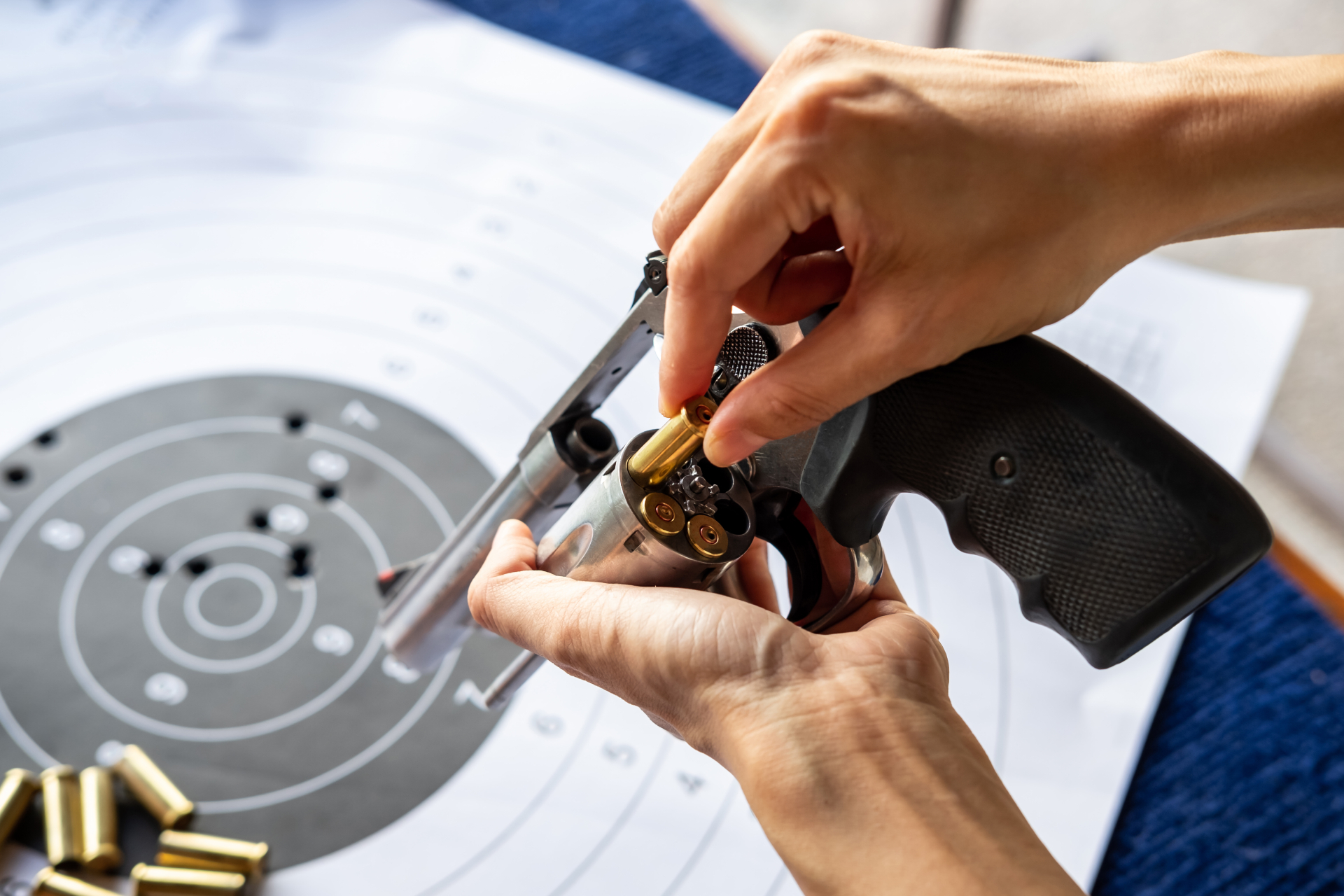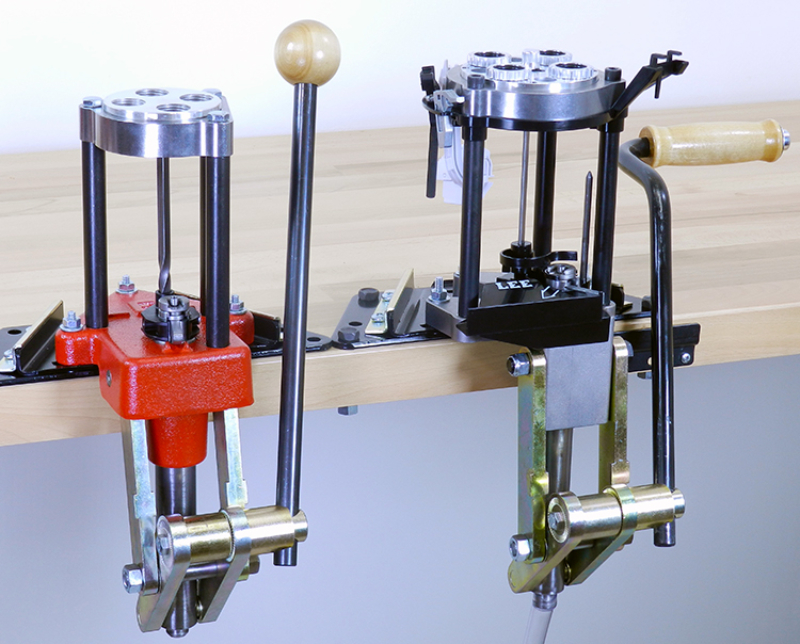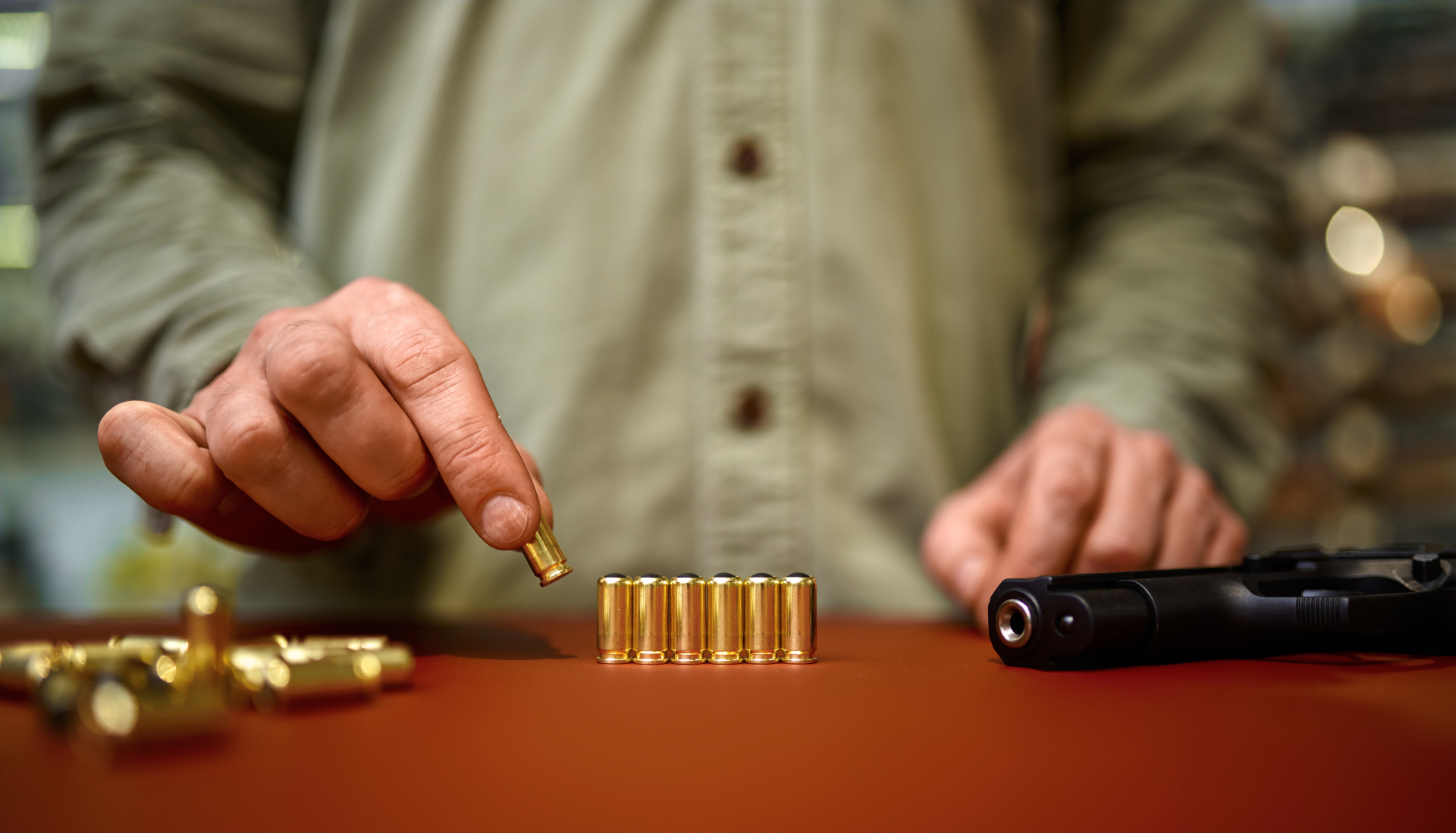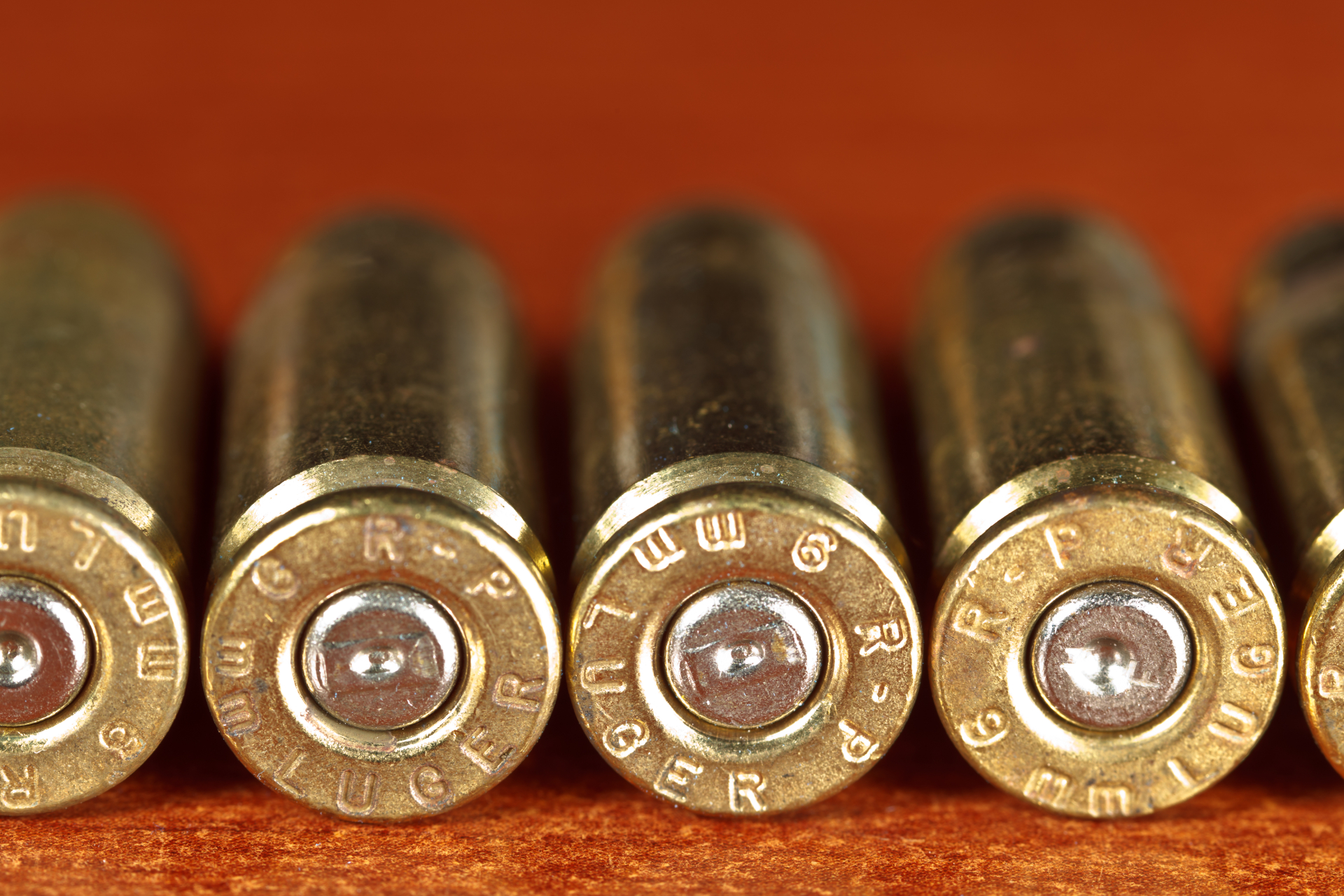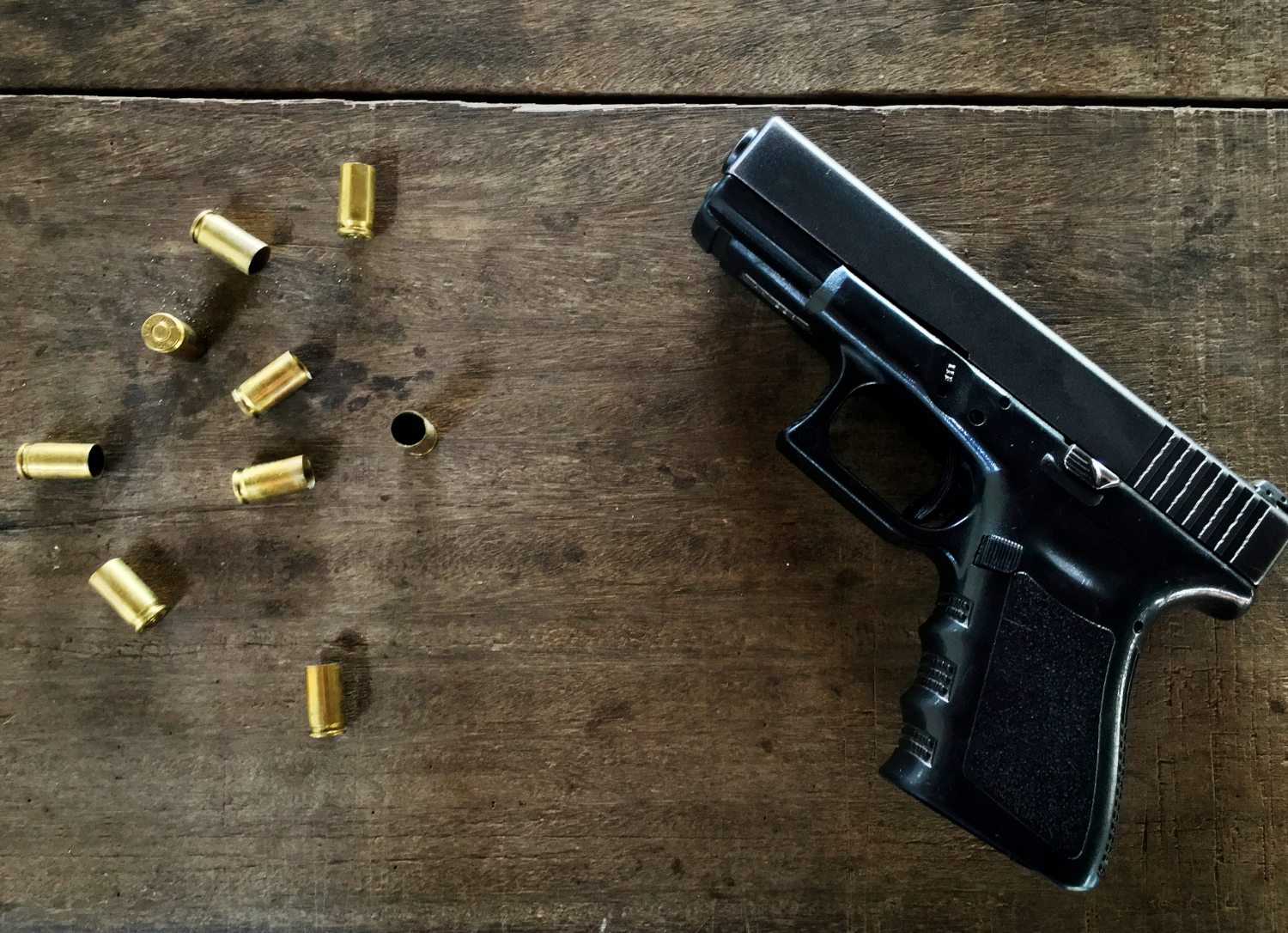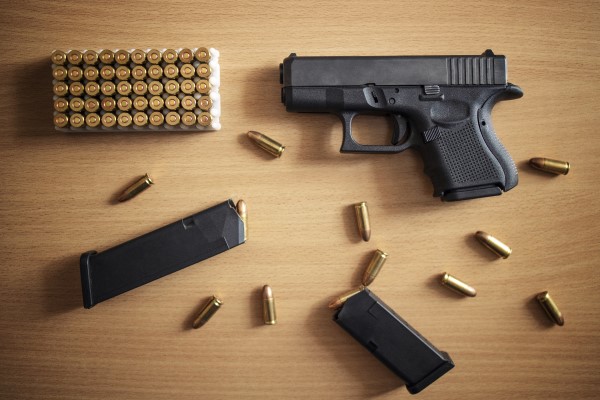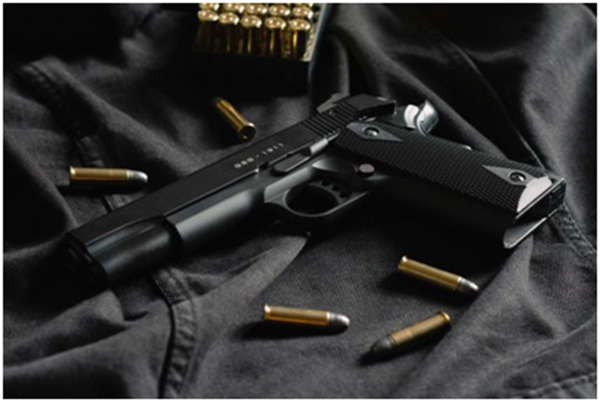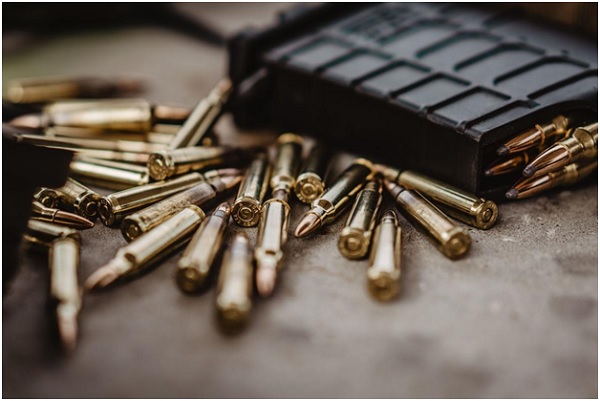
For reloaders who use a turret press, smooth and reliable indexing is essential to efficiency and accuracy. Yet, many users don’t fully understand how the indexing mechanism works or what to do if it feels off. At Titan Reloading, we receive a lot of questions about this. So, let’s break it down.
Whether you’re using the Lee Classic Turret Press or the Deluxe model, both rely on the same square ratchet indexing system. It’s a clever, low-maintenance design that handles tens of thousands of cycles when used correctly. But to get the most from your press, it helps to know how the parts interact.
The Square Ratchet and Index Rod: A Simple but Smart System
At the heart of the turret’s auto-indexing mechanism is a square nylon ratchet that rides along a ¼” x ¼” steel index rod. This ratchet is free to slide up and down within a plastic clamp mounted to the steel ram of the press.
Here’s what happens:
- On the downstroke, the ratchet disengages so the turret doesn’t rotate.
- On the upstroke, the ratchet locks into position. As it slides over the twist in the index rod, it causes the turret to advance to the next station.
This entire system allows the press to cycle smoothly between dies, keeping timing consistent without requiring adjustment.
Why It Works (And When It Doesn’t)
The nylon ratchet is made to be the weak link on purpose. If something binds or you accidentally operate the press against the intended direction, the ratchet fails before any damage is done to the rest of the machine. It’s cheap, replaceable, and designed with intention.
Most indexing issues come down to just a few things:
- Forcing turret removal when the ram is at the bottom of the stroke
- Not aligning the housing properly during reassembly
- Over-tightening the clamp screw, which can strip threads
The good news is that most issues are fixable without tools or adjustments, just proper alignment and a replacement ratchet if needed.
When and How to Replace the Ratchet
Your turret press comes with a spare ratchet, but most users won’t need it for years. Still, it’s helpful to know the replacement steps:
- Raise the ram to disengage the ratchet from the twisted part of the index rod.
- Remove the index rod and unscrew the nylon housing.
- Insert the new ratchet flange side down.
- Reinstall the housing carefully without overtightening.
- Reinsert the index rod.
It’s that simple. No timing adjustments. No tweaking. Just drop it in and keep reloading.
Pro Tip from Titan: Raise the Ram Before Removing the Turret
If you remove the aluminum turret while the ram is at the bottom of the stroke, the ratchet is still engaged. That’s when damage can occur. Always raise the ram about an inch before removing the turret. This simple habit can extend the life of your indexing system significantly.
Getting Started with Turret Press Indexing
The square ratchet system may seem like a small part of your turret press, but it plays a big role in keeping your reloading sessions smooth and reliable. With a little understanding and routine care, it can last through tens of thousands of rounds.
At Titan Reloading, we’re here to help you reload with confidence. If you’re just getting started or looking to upgrade, check out the Classic Cast Turret Press Kit, one of the most efficient and reliable reloading systems on the market today. Still have questions? Call us at (262) 397-8819 to speak to an associate. You can also browse our FAQs section or check out our help videos anytime at TitanReloading.com.

